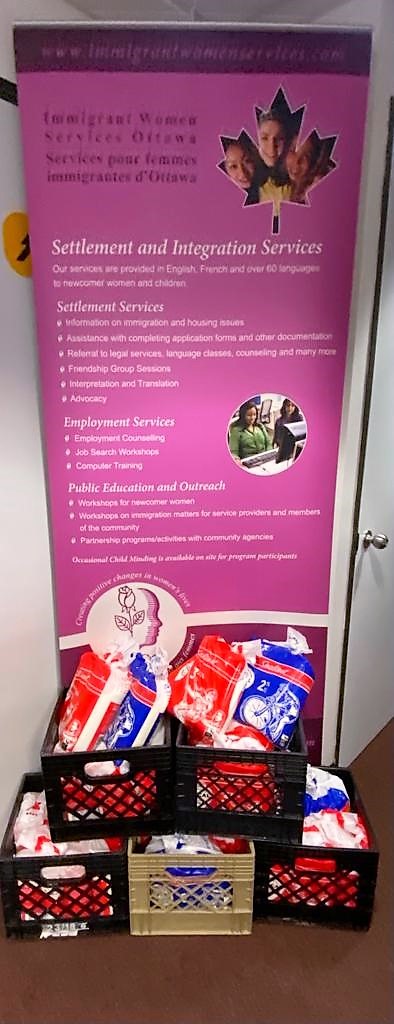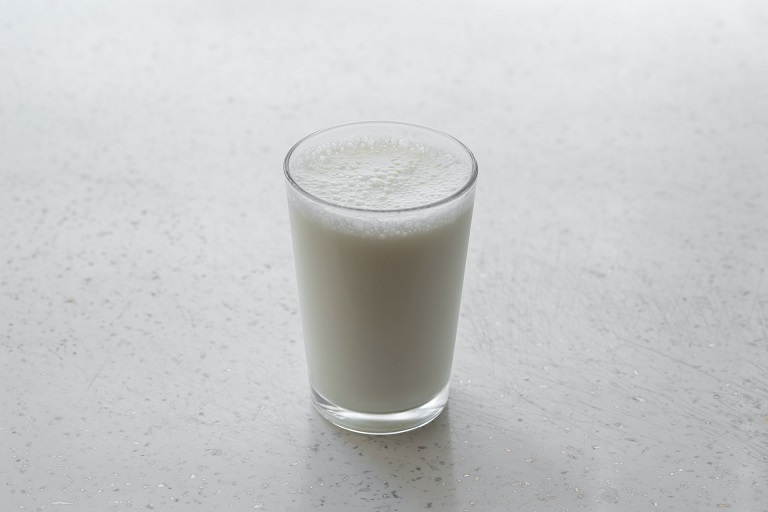The right to food is a fundamental human right. It constitutes a right to survival. Yet, as we continue to hear about the high inflation rates, our ability to access nutritious meals, and meeting that human right, is becoming impossible.

According to CBC News, prices on food purchased from grocery store shelves shot up by 11.4 percent in September 2022 — the fastest annual increase in 41 years (Miller, 2022). A CBC article entitled Soaring food prices could have major impact on Canadians’ health, offered some of the breakdown in the price increases since the same time last year (2021):
- Cereals are up 17.9 percent.
- Baked goods are up 14.8 percent.
- Fresh fruit is up by 12.9 percent.
- Fresh vegetables are up by 11.8 percent.
- Dairy products are up by 9.7 percent.
- Meat prices are up by 7.6 percent.
The increase in food prices remains a challenge globally. Food insecurity is a cause for concern, especially in spaces where the most vulnerable live: in refugee camps, seniors, homeless, and low-income earners. While we continue to advocate for safer homes for our clients and their children, affordable housing, and equitable health care, they still find themselves indebted to finding creative ways of strategically feeding themselves with limited financial resources while they maintain their dignity.

Conversely, the complexity embedded in the interrelationships between food insecurity and the notions of our current political and economic crises, we must prioritize feeding communities in times of crisis. Otherwise, disregarding the repercussions of the traumatic effects that could have severe results, which include the shame individuals may internalize from experiencing the inability to feed themselves and their family.
It is not uncommon to hear stories about people not paying rent, because they need that money for food, which can lead to evictions; sometimes food insecurity could be the causal factor for a family’s cycle of chronic homelessness. Living in perpetual states of crisis is not dignified living. I guess the question is, what would you do if you were in that situation?
Going without is now an expected notion- it is standard for some households to forsake the high-ticket items of vegetables, fruit, or milk. Children’s school snacks are no longer part of the food budget in some homes. I asked the children closest to me, Ava (ten years old) and Reagan (Seven years old), whether snacks were essential. And the response was resoundingly loud, “Of course, but at our school, the office has a snack bin for some of the children who do not bring a snack. The snack bin has many great surprises, like apple sauce, oranges, and muffins.”
Eliminating nutritious foods from our diets is detrimental to our physical and mental health- the impacts result in malnutrition- vitamin and mineral deficiency, stunted growth in children, and anemia. Healthy eating is also essential for those afflicted with chronic illnesses and breastfeeding mothers. The bottom line is that poor nutrition is a risk factor for the onset of diseases. Nutritious foods are a preventative remedy for ailments (Miller, 2022).

At IWSO, we are grateful for the support of the Ottawa Community Foundation, which has allowed our clients to access milk weekly. Since its inception in March 2023, the milk drive has handed out 20 weekly bags to 17 families; an average of 46 children benefit from the milk program each week. The sentiments expressed by the clients participating in the drive are all similar. “The milk drive has supported me tremendously because I don’t have to include that in my budget before food,” one client told me. “I am so grateful. God bless you,” said another.
Investing in an equitable food supply to communities is vital to meeting our basic human rights. What we eat determines our ability to function and fully participate at home, in our community, in our work, and our country. Our ability to engage positively and intentionally participate in our communities’ hinges on our well-being, primarily fostered by what we eat.
Food is a universal human right that should not be a source of distress for anyone. The milk drive at IWSO, snack bins in schools, food banks, and grocery donations in some food stores- all these systems echo communal support and honour our social contract while engaging in ways that nurture and instill dignity in others. As these acts of compassion for others continue, so is gratitude. While receiving her milk order, one of the clients stated,” It is this type of kindness that keeps me safe and coming to IWSO.” While we continue to serve, we, at IWSO, too, are grateful to the Ottawa Community Foundation.
We Thank You for making a difference in the lives of our clients.
References:
Miller, A. (2022, November 5). Soaring food prices could have major impact on Canadians’ health. CBC. https://www.cbc.ca/news/health/food-prices-canada-health-impacts-1.6641322
Immigrant Women Services Ottawa
219 Argyle Avenue, Suite 400
Ottawa, Ontario
K2P 2H4
Tel: 613-729-3145
Fax: 613-729-9308




 Abigail Williams - Treasurer
Abigail Williams - Treasurer Maria Choque - Member
Maria Choque - Member Hosai Qasmi - Member
Hosai Qasmi - Member Georgette Morris - Member at large
Georgette Morris - Member at large Veronica Dingile Mbofana - Member
Veronica Dingile Mbofana - Member


